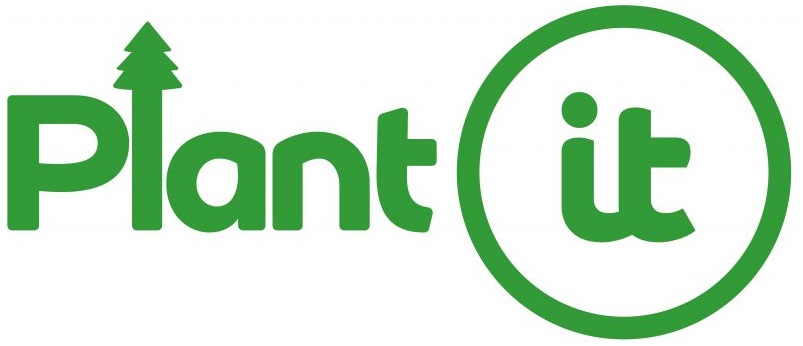December insolvency stats cap year to forget for UK business
In 2022, the UK averaged around 2,000 insolvencies per month, with figures continuing to rise in December. As the economic situation seems set to deteriorate further, Lynne Darcey Quigley, Founder and CEO of Know-it, explores some basic ways businesses can secure their bottom lines, and avoid contributing to insolvency statistics in the next 12 months.
2022 was a challenging year for many, none more so than the UK’s business community. The Office for National Statistics (ONS) has released the UK insolvency figures for December and they proved to be grim reading for business owners up and down the country.
In December 2022, there were 2,078 corporate insolvencies recorded across England, Scotland and Wales. Compare these figures to December 2021, in which 1,581 insolvencies were recorded – a 31% rise year-on-year (YoY) can be seen.
With the release of December’s insolvency figures, we can also reflect on how businesses fared throughout the entire calendar year.
During 2022, the UK recorded 23,180 corporate insolvencies – a worrying rate of almost 2,000 a month on average. When we look at 2019 and 2021, which saw 18,233 and 14,812 insolvencies recorded across those respected years – we can see that the UK is dangerously navigating a very worrying trend.
Meanwhile, in just 12 months the UK has seen Creditors’ Voluntary Liquidations (CVLs) spike 51%. They are currently 58% higher than pre-pandemic levels with 19,604 recorded in 2022.
Why is this so worrying for businesses? A CVL is when a business is placed into liquidation as they are unable to pay their outstanding debts. This surge in CVLs signifies the damage that the late payment crisis is placing on businesses in the UK with many left fighting for survival.
As recession sets in, UK business owners will be braced for another turbulent period shortly on the coattails of the Covid-19 financial fallout.
What we can see from the latest figures is that business owners cannot afford to sit idly as the current conditions will likely swallow them up – particularly from the viewpoint of SMEs.
Failure to take a proactive approach to business cash flow and financial processes will likely see more businesses make up future insolvency statistics. UK businesses must ensure they have a robust credit control process in place, whilst also keeping an eye out for any potential clients who may also be slipping towards becoming insolvent to ensure they receive payments on time.
Checking credit credentials
Leading on from this, there are three quick ways you might consider protecting your business from financial trouble. The first of these for any credit controller, is to credit-check all clients, regardless of size or length of relationship. Both the monthly and annual insolvency figures show us that a growing number of UK businesses are susceptible to the challenging financial climate and things can change very quickly. Clients who may previously have been reliable payers may now be feeling the pinch, which can lead to threatening their ability to pay your business on time.
Ensuring all clients are credit checked through the use of credit reports is a proactive measure to ensure your business is on top of its credit control process and cash flow is protected.
Continually monitoring the credit worthiness of clients is critical. A good credit reporting tool will also offer a monitoring service that will automatically update you of any changes to the credit score or limit of your customers so you are always in the know.
Recover unpaid invoices
The key to a robust cash flow pipeline is ensuring you get paid on time – this is no secret for business owners. But it can often be an uncomfortable situation for businesses to chase any unpaid invoices. To avoid not only an uncomfortable conversation but also ensure cash flow is not hindered, businesses should begin the collection process before the payment date.
Issuing reminders a few days ahead of the deadline avoids any potential strain on a business relationship and is often the gentle nudge clients need to issue payment for your services.
Having taken the first step of credit checking your clients, as a business owner, you will be aware that they have the capability of paying you. If a client does run over on their invoice deadline, then it is advised that a first reminder should be issued within 48 hours and then a second reminder issued 7 days after the payment date if payment has still not been made. If the correct due diligence has been taken and your client is credit-worthy, then there is no excuse for late payment as this will damage your cash flow and business continuity further down the line.
Have a ‘Plan B’
Business owners can undertake all the necessary due diligence when it comes to protecting themselves from the worsening financial climate but sometimes hurdles can crop up unexpectedly.
The current economic pressures mean businesses have little to no wriggle room for error. The rising number of insolvencies hindering the security of the UK business community has undoubtedly heightened the risks of late payment culture which is why businesses cannot be found out if ‘Plan A’ fails.
If you find yourself in a scenario where due diligence falls short of protecting your business from late payments, then alternative tools are available to offer a helping hand.
The latest technologies offer solutions for businesses to effectively credit, check, chase and collect late payments more quickly and efficiently. With the right due diligence checks in place, coupled with the help of technology, UK businesses can protect themselves from the worrying trend which blighted 2022 and successfully protect themselves during 2023 and beyond.
This article was first published by Consultancy UK.

































